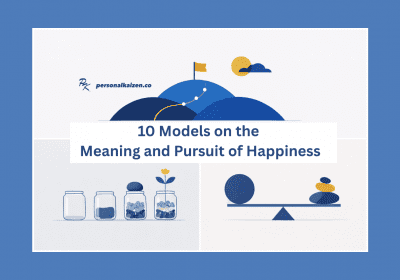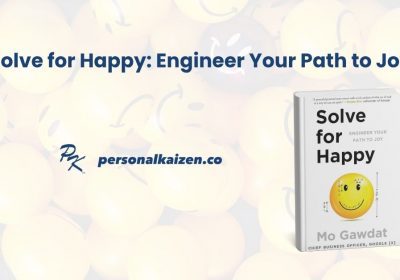While providing leadership training for an organization a few weeks ago, the importance of time management was discussed. I surprised the leaders in the room when I stated that I now believe it is more important to manage your energy, not your time. Here is the science and personal experience behind my response.
The Importance of Time Management

Nobody, including me, should ignore the importance of time management. We have covered the topic in the past in several areas, including a post on priority setting. We also wrote a post on work-life balance. Setting goals, identifying priorities, and adding actions to your schedule are all best practices.
My recent revelation at a change management training (that another Lean East trainer was facilitating) is that science proves emotions trump logic.
Switch – How to Change Things When Change is Hard
The book, Switch: How to Change Things When Change is Hard by Chip and Dan Heath has become the most common Lean East lesson in change management. The book uses recent research on the mind to show how it is possible to unite the two different systems in our heads – the rational mind and the emotional mind – to achieve dramatic results.
The authors introduce a rider-and-elephant metaphor where the Rider, our rational brain, tries to guide the Elephant, our emotional brain, down the Path and toward a goal. While the Rider holds the reins and appears to be in charge, if the Rider and Elephant disagree on a Path, the five-ton Elephant is going to win every time.
This short video shares the concept quickly:
Emotional > Logical
The key concept in Switch is the importance of the emotional component of change. I have experienced this many times in my own life when I return home after a hard day supporting process improvement for a client. Logically, I know what I need to do (connect with the rest of my family and help with dinner). But instead, my willpower fails me and I end up pouring a drink and sitting down to relax.
I have also learned not to schedule important meetings when I will already be tired from another event. Calls with my own team are fine, but no important client calls on the way home after a full day of training!
Managing Energy is Critical

With both the science of change and my own personal examples where my willpower is overwhelmed by time management methods, learning to manage your energy levels is critical.
Step one is being aware of energy. Most of the time this is predictable. The morning, after exercise, after coffee, and when rested all tend to be high-energy times. After a busy day, stressful meeting or event, or if I am otherwise tired or sick, I am typically lower energy.
I describe how I prioritize based on my context, energy, and time available in this post.
Maintaining and Gaining Energy
Step two is maintaining or gaining energy. Here are four simple techniques I use:
- Effective morning routines get my day started predictably and with high energy levels
- Caffeine is part of the routine above. It can often help if you know you are going to need to maintain high levels of energy.
- This simple brain hack is a great way to feel more awake in just fifteen seconds. While a second hack can improve your mood instantly. Both these hacks can provide a simple energy boost and help you get back on track.
- If I have a task I will need to begin at a low-energy moment I use a simple trick that works when developing new habits.
One (or more) of the above techniques will help give you even of an energy boost to wrap up that task that really needs to get done. The difference between someone who can get that one extra task done every day and someone who can’t equates to a big difference over time!
Please let us know if you agree with the need to manage your energy, not your time. Do you have any good examples either for or against this concept? Please share!




